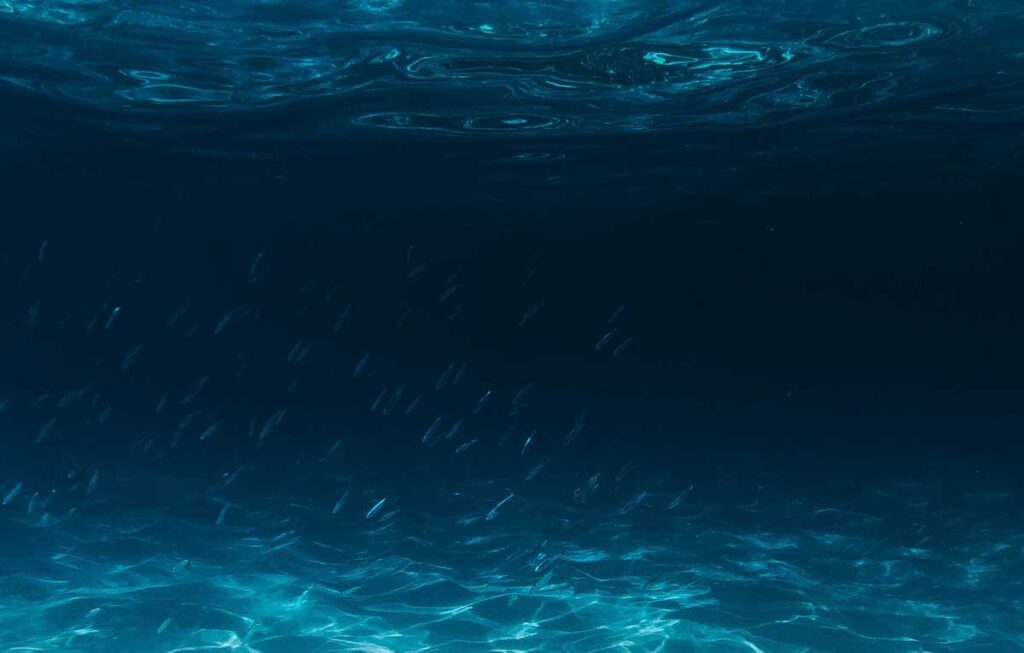What most people ignore is that climate change is also a social issue, arising from unawareness of the human population about the impact of their activities. Biodiversity plays a key role in ecosystems and also services benefits to the tourism industry. Marine life biodiversity specifically plays a role in attracting tourists for activities like scuba diving, snorkeling and other observation activities alike. Currently, the Brazilian Guitarfish, commonly found in the South Atlantic Brazilian waters, specifically around the South coast of Rio De Janeiro is facing massive decline in numbers, and is also on the list of critically endangered species.
One major reason for the rapid decline in numbers of Brazilian Guitarfish is overfishing of the female population for illegal, highly valued meat sale in fish markets. Most fishermen catch the female guitarfish along with their little offspring in shallow waters around Rio De Janeiro. The decline in species of guitarfish is mostly among the female population, however this impacts the long term numbers of the guitarfish population. Fishermen who catch guitarfish and engage in the illegal meat industry know little about the impact created by their fishing activities on biodiversity in the oceans. A valid solution to solving the issue of high levels of guitarfish fishing in Brazil is empowering fishermen to engage in other trades and businesses that are more sustainable with steady profits, simply raising awareness about the downside of overfishing endangered species might not be enough. A dollar is a dollar, or in this case a real is a real.
An alternate model for sustainable fishing has been developed in Fuji, specifically to protect the coastline that attracts tourism across the year. The local government in fishing villages is working in collaboration with fishers to ensure that they have access to a greater number of opportunities, even outside the fishing industry. Moreover, the local government is regulating the prices of fish meat and creating a bandwidth for sustainable profits by encouraging fishing of species that are more abundant in the local waters. This is creating a low incentive situation for Fujian fishers to fish endangered species and engage in local trade. This unique model, with a mix of government involvement and local incentives, can be amplified to other countries like Brazil too.
While most experts talk about climate change, they ignore the social aspect of climate change, which is perhaps the biggest contributor. Human activities impacting climate change don’t just arise from unawareness but also from lack of other opportunities that can incentivise a change in decision making. Creating consumer end awareness about the downside of consuming illegal meat is also crucial. The same can be done in fish markets with the use of artwork to support behavioral change. Brazilian Guitarfish also carry high content of Mercury and chemicals and are therefore not the safest to consume in the unregulated illegal meat industry, without safety approvals from the government. Making consumers aware about the fact that they are not just paying high prices for meat that is illegal but also consuming meat that can potentially give them cancer and other diseases is crucial. This can be done using artwork in fish markets, as is being done across fishing villages in Bali.
Brazilian Guitarfish are also rare in other parts of the world and attract divers to premium diving locations, fetching around $75 to $100 per dive, higher than most other locations where rare species like Guitarfish cannot be spotted. More efforts can be taken to set up dive centers in Brazil specifically dedicated towards Brazilian Guitarfish. This will not only be an attractive source of income for locals but also encourage conservation efforts. Tourism can be a major source of revenue for Brazilian fishermen and farmers, encouraging development and infrastructural promotion across major cities in Brazil, thereby creating a line of opportunities for Brazilian citizens across different industries.
With biodiversity as high as Brazil, more efforts should be taken to fuel tourism, interaction and awareness with Brazilian biodiversity, including rainforests and marine life. With the empowerment of local communities, we can together create a more sustainable future, inclusive towards all organisms.
To promote the cause of Brazilian Guitarfish conservation, I have started a movement called The Brazilian Guitarfish movement, operating via whatsapp group involving people across continents from various fields – climate researchers, marine conservationists, scuba divers, fishing industry experts, government authorities, public policy enthusiasts and tourism officials to curate solutions specific to conserving Brazilian Guitarfish. It’s a global initiative, with hands contributing from across the world to save Brazilian Guitarfish by empowering local fishers with diverse opportunities. There is always an alternate solution, sometimes all we need is a fresh approach along with fresh minds to find it. Fortunately, connecting globally in the digital world makes problem solving easier for all of us.
Article Credits: Modern Diplomacy

Pingback: One Planet, Two Crises: Tackling Climate Change and Biodiversity in the Fight for Our Future - SLSV - A global media & CSR consultancy network